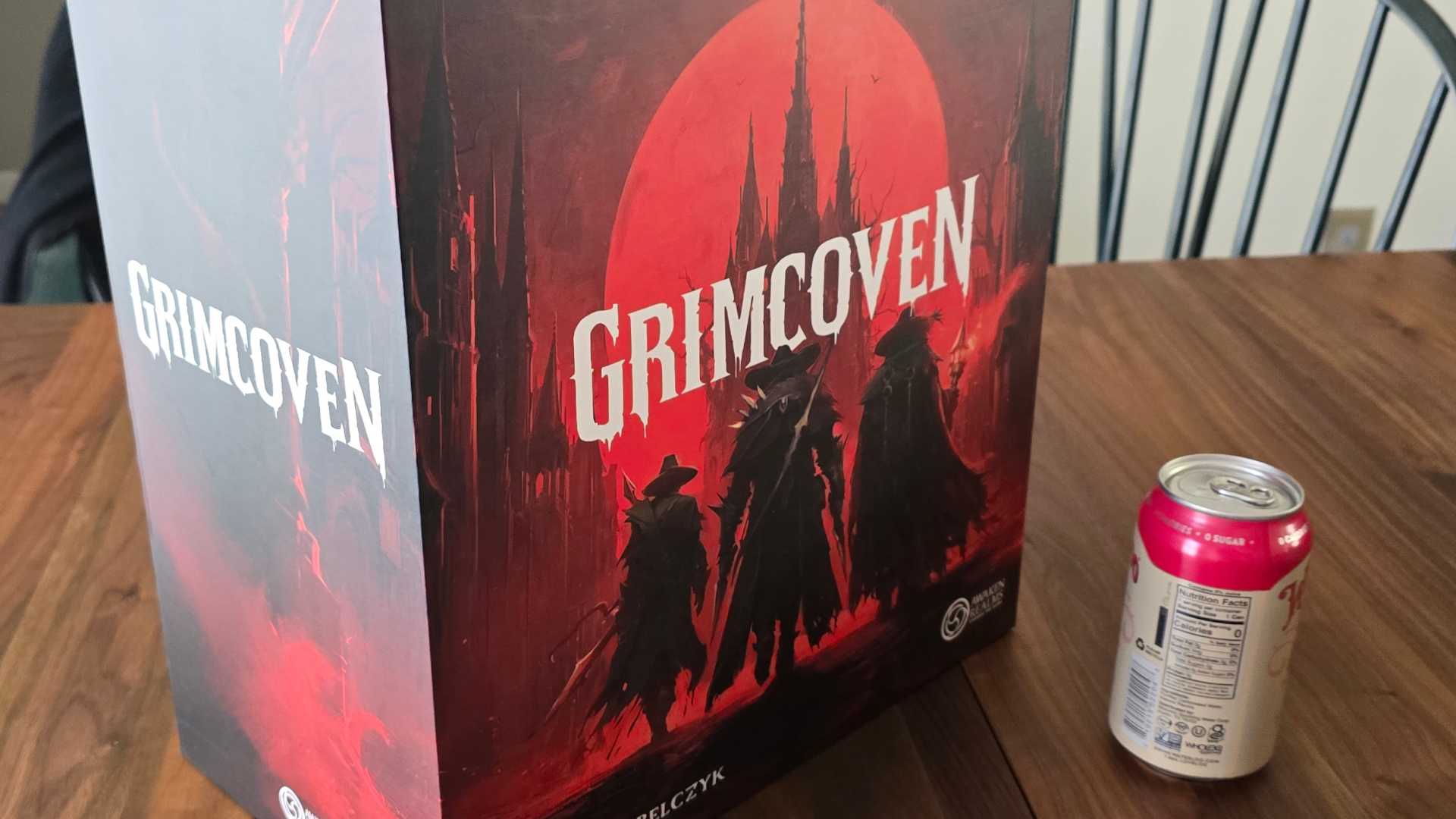Capcom says that Resident Evil 9 will be "so-called 'old school Resident Evil'" in style, but its director teases a "new system" that creates a "complete roller coaster ride between the different aspects of the series"
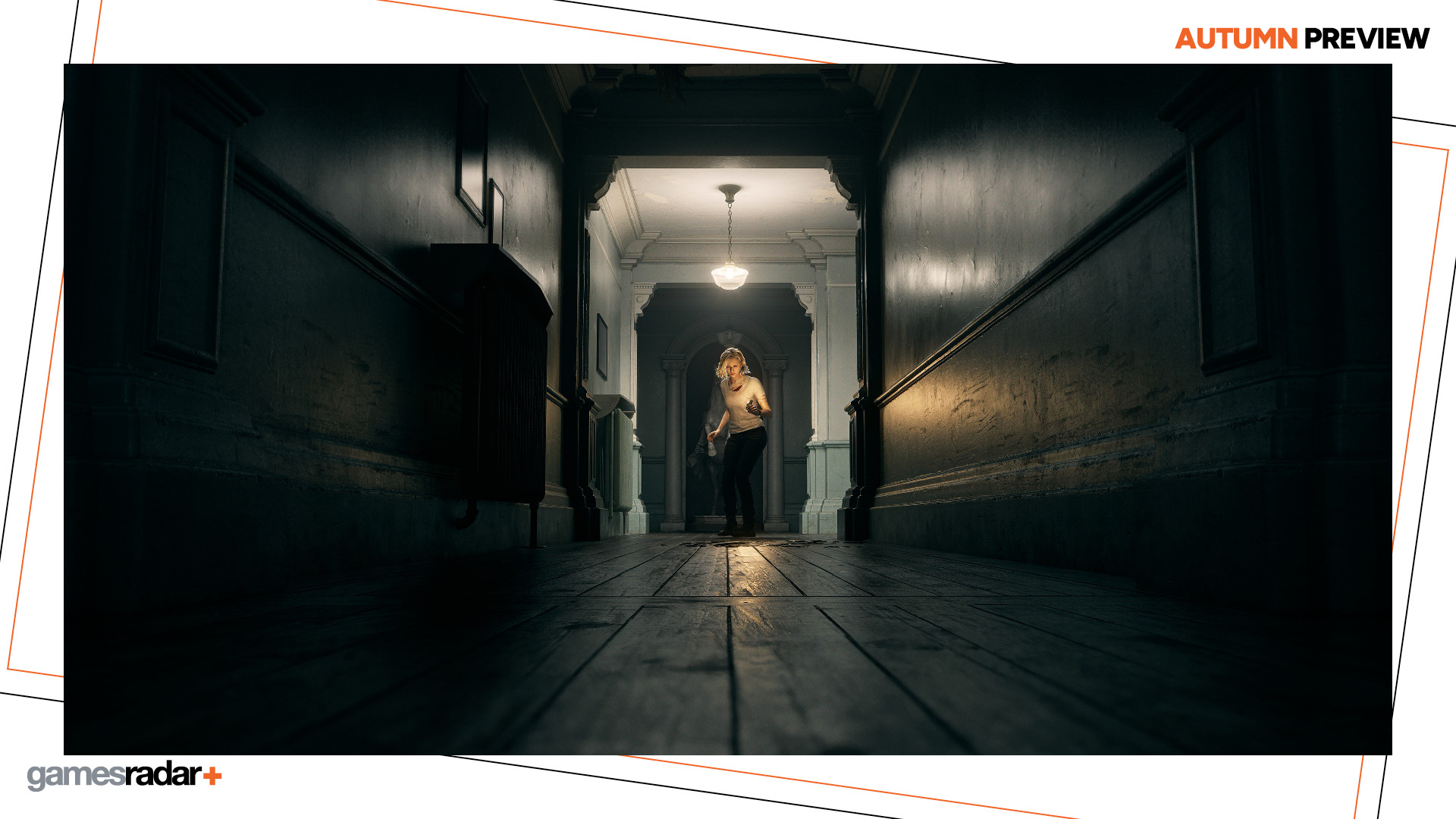
Weekly digests, tales from the communities you love, and more
You are now subscribed
Your newsletter sign-up was successful
Want to add more newsletters?

Every Friday
GamesRadar+
Your weekly update on everything you could ever want to know about the games you already love, games we know you're going to love in the near future, and tales from the communities that surround them.

Every Thursday
GTA 6 O'clock
Our special GTA 6 newsletter, with breaking news, insider info, and rumor analysis from the award-winning GTA 6 O'clock experts.

Every Friday
Knowledge
From the creators of Edge: A weekly videogame industry newsletter with analysis from expert writers, guidance from professionals, and insight into what's on the horizon.

Every Thursday
The Setup
Hardware nerds unite, sign up to our free tech newsletter for a weekly digest of the hottest new tech, the latest gadgets on the test bench, and much more.

Every Wednesday
Switch 2 Spotlight
Sign up to our new Switch 2 newsletter, where we bring you the latest talking points on Nintendo's new console each week, bring you up to date on the news, and recommend what games to play.

Every Saturday
The Watchlist
Subscribe for a weekly digest of the movie and TV news that matters, direct to your inbox. From first-look trailers, interviews, reviews and explainers, we've got you covered.

Once a month
SFX
Get sneak previews, exclusive competitions and details of special events each month!
Grace Ashcroft is scared of her own shadow. I've been playing Resident Evil games for 25 years, and it's clear that Resident Evil Requiem has the most vulnerable protagonist in the series' history. In my hands-on playtest of this upcoming horror game, it wasn't the monstrous creature stalking me through a series of claustrophobic corridors, each bathed in a sort of desperate eternal darkness, that provided the biggest jump scare. No, it was the way Grace violently shuddered after opening up a cupboard. It used to be zombie dogs crashing through windows in the east wing of the Spencer Mansion that got my heart racing, now it's a bedpan tumbling to the floor.
What's so fascinating about Resident Evil 9 is that this jump scare is entirely avoidable – not because of an action you may or may not choose to perform, but due to the perspective of the camera. Requiem lets you freely switch between first and third-person playstyles, a decision which lets Capcom capture both the sheer terror of Resident Evil Biohazard and Resident Evil Village as well as the slick tension presented through its remakes of Resident Evil 2, 3, and 4. To achieve this, the studio has had to make some key changes in what you see and experience.
"Including both perspectives wasn't exactly twice as difficult for us," says Koshi Nakanishi, game director of Resident Evil 9, "but there were some aspects where we had to make adjustments for each perspective. What we found was that if you just take the camera out of the character's head and show them in third-person, if we didn't add in more animation and characterization, then they look quite unnatural and robotic. That's because the first-person version has them just running along, and they wouldn't be reacting physically to anything – because you can't see those reactions."
"Grace doesn't stay in this completely terrified, helpless state throughout the whole game"
Masato Kumazawa, producer
Nakanishi presents a direct example of this, noting how Grace trips over herself whilst she is trying to run away from a monster in quick pursuit. The stumbling movement is evocative in third-person, and entirely absent in first. "She's so scared when she's running away from the creature, but that doesn't happen in first-person – making the camera move like that in first-person would be very unnatural, and possibly even uncomfortable! So that's a specific third-person tweak that we added to make up for the fact that it's not quite as immersive," he says. "But you can almost emphasise with Grace more when you see them on screen. It almost makes you panic, because you see her panicking."
"So we have two different ways to get across to the player what kind of emotion we want them to be feeling, and how we want them to be scared for the character. Whether that's by seeing through their eyes or on their behalf, by looking at their expressions, reaction, and their different motions. We ended up adding lots of tiny tweaks like that all throughout the game to make both perspectives have their own different sort of take on the horror you're going to feel."
Back to the beginning

You're going to feel plenty of horror in Resident Evil Requiem, I have no doubts about that. Nakanishi teases that this is a "return to the more general mainline story of the series" after recent diversions into both the past and the Winters family's struggle to combat the Mold. But does a return to a decimated Raccoon City, the playground of Resident Evil 2, 3, and Outbreak (where Grace Ashcrof's mother, Alyssa, served as one of the protagonists) mean we'll see the Umbrella Corporation, more traditional infected enemy types, and a reunion for the surviving S.T.A.R.S. crew?
Capcom won't be drawn into spoiler territory, although it has essentially ruled out a return of Chris Redfield, the former S.T.A.R.S. Alpha Team point man who was last seen at the end of Resident Evil Village with the United Nations' Bioterrorism Security Assessment Alliance (BSAA). "Rest assured, I'm sure Chris is out in action somewhere in the world, but for now we're not really looking at him."
Weekly digests, tales from the communities you love, and more
What the studio will properly comment on, however, is the sort of power struggle at the heart of Resident Evil Requiem – and how it has been shaped by Biohazard, Village, and the Remakes. "The starting point for Grace is that she is incredibly vulnerable and helpless," says producer Masato Kumazawa, speaking to the section that I played, which is from an early portion of the game.
"She hasn't got any weapons on her and she's completely unaccustomed to being thrown into this kind of intense situation. But she goes on a journey, and you'll go with her on it too. She will grow throughout the game and gradually become more competent and capable, and overcome her fear somewhat. Eventually, she'll be able to grab guns and shoot back at the horrors that await her. So she doesn't stay in this completely terrified, helpless state throughout the whole game."
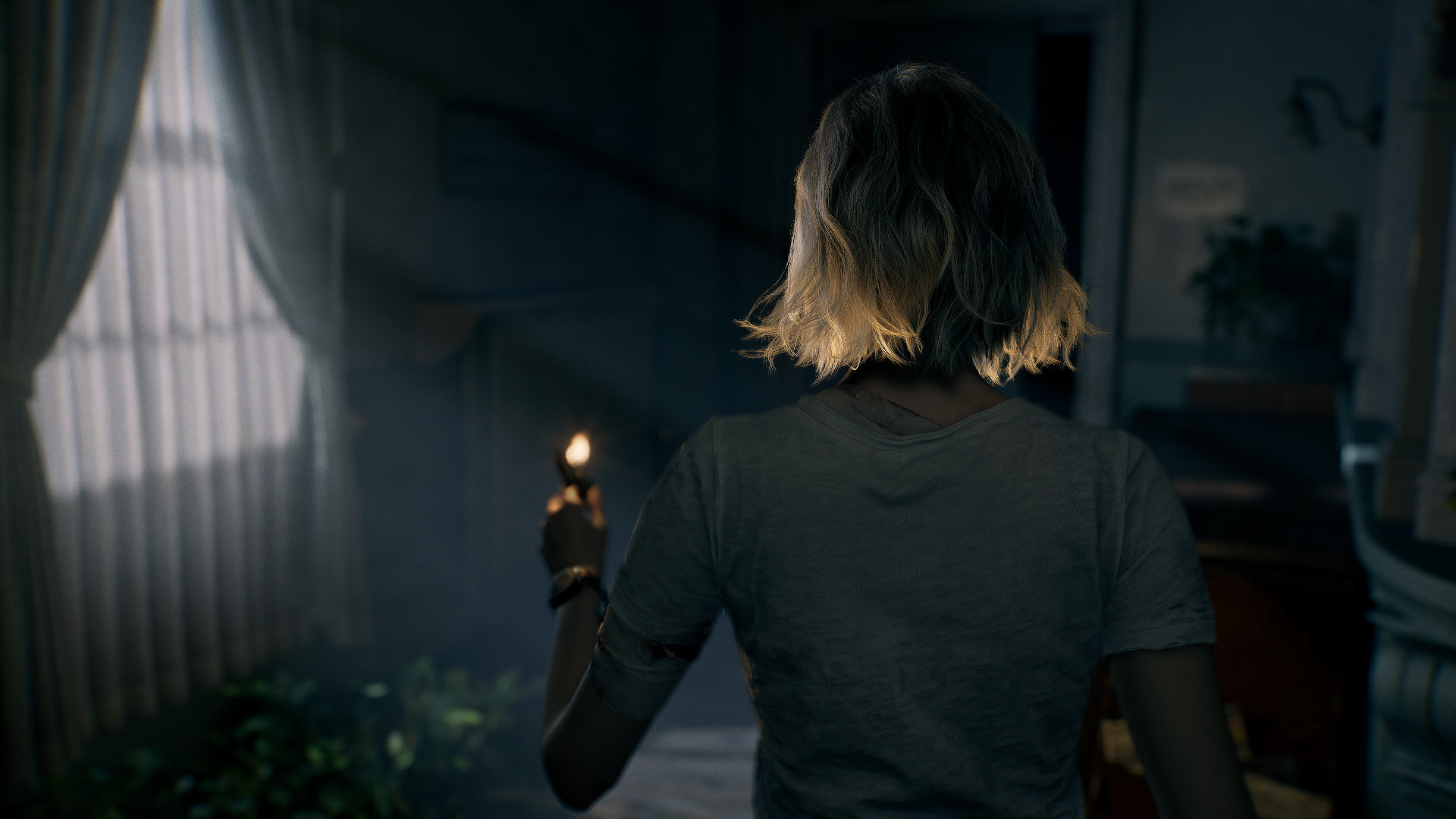
I have to imagine that there's a segment of the Resident Evil audience who would gladly take a descent into true terror as we stalk the radioactive ruins of Raccoon City. But Nakanishi is quick to note that moderating tension is a key objective for Capcom, particularly as it considers the impact of Resident Evil 7. "On reflection, I implemented the first-person perspective as a way to make Resident Evil 7 more immersive and scary than ever before. I think most players would agree that it was an incredibly scary game, but it was possibly too scary. I think some people couldn't handle it, and either couldn't finish it or didn't even start it. That's something that I look back on and think about – I want to make sure that people can enjoy this game."
Nakanishi says this was a driving factor behind the decision to include both first and third-person camera perspectives – more so than it being any kind of response to the overwhelming popularity of the recent remakes. "If you start Requiem off in a first-person perspective and you're finding that it's too much, then third-person is almost a way to step back slightly from that level of horror. It makes it slightly easier to deal with by having the character on screen as a kind of avatar of yourself." Kumazawa adds: "By combining both camera perspectives in this game and giving you the option to switch, what we're basically saying is that – regardless of which sub-series of Resident Evil you like – you can play Requiem in that style that suits you."
Don't call it a throwback
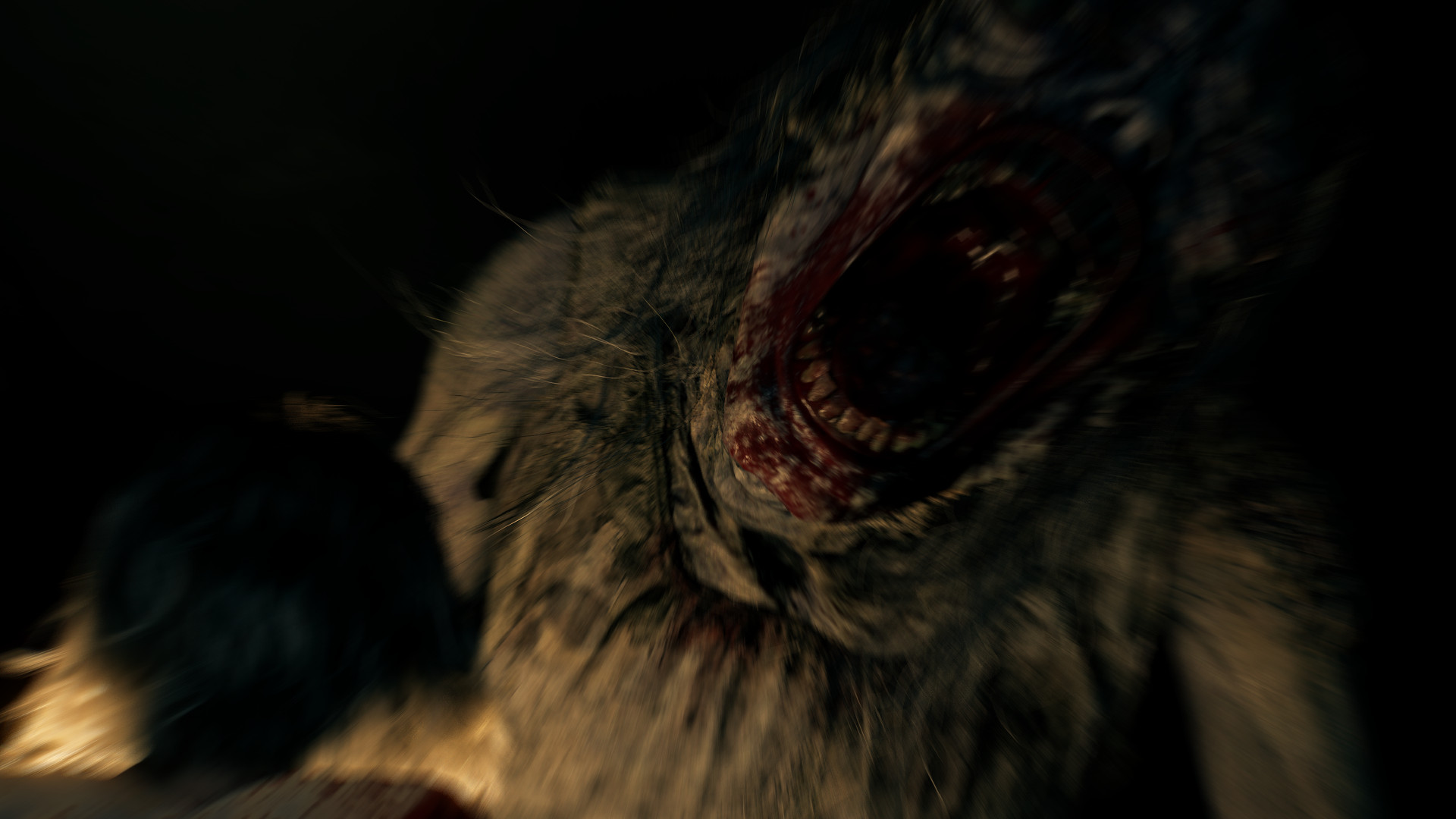
Regardless of how you ultimately choose to play, hearing Nakanishi describe Resident Evil Requiem as being a "so-called 'old-school Resident Evil'" game in its structure and style is welcomed news. The director notes how Resident Evil 4 and Village are "more on the action side of the series", going on to say that "if I had to compare Requiem to past titles, it's more along the lines of Resident Evil 7 or the Resident Evil 2 remake." Capcom is being careful not to say more beyond this, although Nakanishi says to expect plenty of "exploration, backtracking, and that kind of thing."
With Resident Evil 2 and Resident Evil 7 serving as principal inspiration here, Nakanishi goes on to tease that Resident Evil 9 "does of course feature "all the classic core pillars of Resident Evil." This includes "features that everyone knows and loves, such as combat, exploration, puzzle solving, and resource management of a limited number of items. We've just given it our own spin this time for Resident Evil Requiem's game atmosphere."
"If you think about the difference between the tension and release being a certain sort of curve, I want to make the distance between those aspects bigger than ever"
Koshi Nakanishi, game director
That isn't to say that you should think of Resident Evil Requiem as some sort of throwback, mind. Nakanishi is being careful here, but he does tease that a brand new system is being introduced into RE9, one which sounds as if it will more tightly govern spikes in your heart rate. "I think that Resident Evil 2 and Resident Evil 7 reflect the typical game design for this series, where you can't keep the horror tension to the max through the whole game because it can be quite exhausting. So we need to have this kind of dynamic pacing curve, where you'll have a very tense and horrific sequence, and then we give you a bit of a release or catharsis from that – maybe some slightly more peaceful exploration or exciting combat before we gradually bring you back up to the horror part of the curve. That's sort of standard practice for Resident Evil."
"The difference this time is there's a new system that I can't quite get into yet," Nakanishi continues. "But if you think about the difference between the tension and the release being a certain sort of curve or wavelength, as it were, I want to make the distance between those aspects bigger than ever before in the series – it just becomes a complete rollercoaster ride between the different aspects of the series, and I'm very excited for people to eventually understand what I mean by that," he grins. "We're definitely going to fuck around with your emotions a lot with this one."
Resident Evil Requiem is due to release on PC, PS5, and Xbox Series X on February 27, 2026. While you wait, why not return to one of the best Resident Evil games.
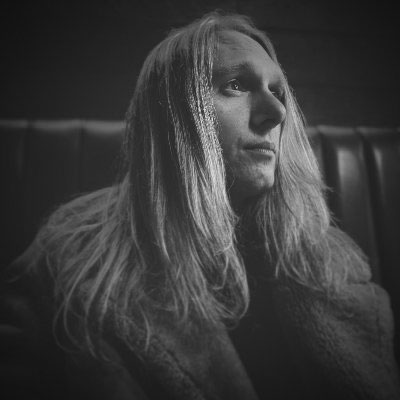
Josh West is Editor-in-Chief of GamesRadar+. He has over 18 years of experience in both online and print journalism, and was awarded a BA (Hons) in Journalism and Feature Writing. Josh has contributed to world-leading gaming, entertainment, tech, music, and comics brands, including games™, Edge, Retro Gamer, SFX, 3D Artist, Metal Hammer, and Newsarama. In addition, Josh has edited and written books for Hachette and Scholastic, and worked across the Future Games Show as an Assistant Producer. He specializes in video games and entertainment coverage, and has provided expert comment for outlets like the BBC and ITV. In his spare time, Josh likes to play FPS games and RPGs, practice the bass guitar, and reminisce about the film and TV sets he worked on as a child actor.
You must confirm your public display name before commenting
Please logout and then login again, you will then be prompted to enter your display name.
